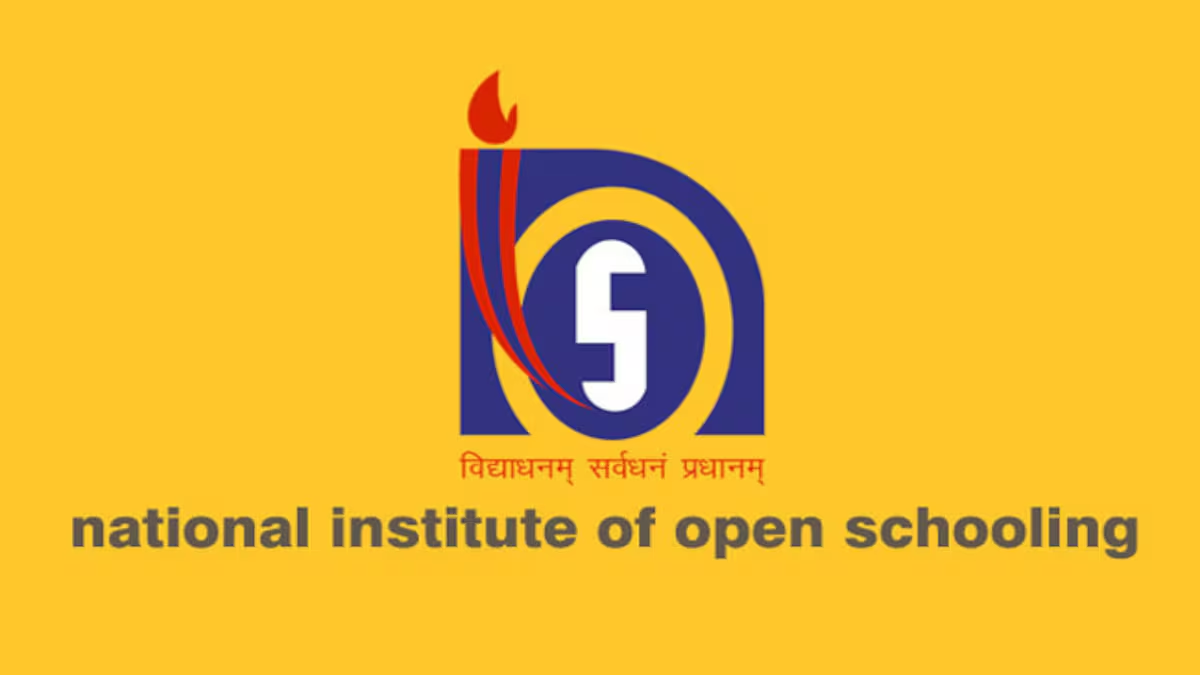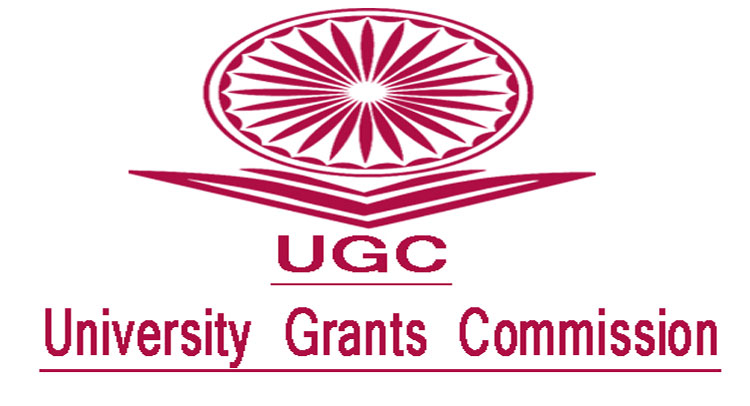The Union Cabinet on Wednesday approved India’s new National Education Policy for 2020, which includes major reforms in higher education, a greater focus on non-academic skills and greater inclusion through the diversity of languages and mastery of courses.
- Making the announcement, Union Minister Prakash Javadekar said: “Prime Minister Narendra Modi’s office has approved the new education policy for the twenty-first century. This is important, because for 34 years there has been no policy change. educational”.
- Cabinet also approved a proposal to rename the Department of Human Resources Development to the Department of Education.
- NEP 2020, which proposes several structural changes to the early childhood and higher education system, was developed after nearly five years of consultations with stakeholders and the general public.
- The new policy aims to achieve 100% youth and adult literacy in India.
- Announcing the details of the policy, Amit Khare, Secretary of Higher Education, said the government aims to increase public investment in the education sector from 4.3% currently to at least 6% of GDP.
Highlights of India’s new National Education Policy 2020
School Education:
Universal Access: The NEP 2020 has provisions to ensure universal access to school education at all levels- pre school to secondary. Some of these provisions include infrastructure support, innovative education centres to bring back dropouts into the mainstream, tracking of students and their learning levels, facilitating multiple pathways to learning involving both formal and non-formal education modes and association of counselors or well-trained social workers with schools.
- The NEP 2020 also provides for open learning for classes 3, 5 and 8 through NIOS and State Open Schools, secondary education programs equivalent to Grades 10 and 12, vocational courses, adult literacy and life-enrichment programs.
- Through NEP 2020, the Centre hopes to bring back about 2 crore out of school children into main stream.
Early Childhood Care & Education: The 10+2 structure of school curricula is to be replaced by a 5+3+3+4 curricular structure corresponding to ages 3-8, 8-11, 11-14, and 14-18 years respectively. This will bring the uncovered age group of 3-6 years under school curriculum, which has been recognised globally as the crucial stage for the development of mental faculties of a child. The new system will have 12 years of schooling with three years of Anganwadi/pre-schooling. NCERT will develop a framework of the early childhood education of children up to the age of 8.
Attaining Foundational Literacy and Numeracy: A National Mission on Foundational Literacy and Numeracy will be set up by the MHRD. States will prepare an implementation plan for attaining universal foundational literacy and numeracy in all primary schools for all learners by grade 3 by 2025. A National Book Promotion Policy will also be formulated.
Reforms in School Curricula and Pedagogy: The school curricula and pedagogy will aim for holistic development of learners by equipping them with the key 21st century skills, reduction in curricular content to enhance essential learning and critical thinking and greater focus on experiential learning. Students will have increased flexibility and choice of subjects. There will be no rigid separations between arts and sciences, between curricular and extra-curricular activities, between vocational and academic streams. Vocational education will start in schools from the 6th grade, and will include internships.
Multilingualism and the Power of Language: The NEP 2020 advocates for mother tongue/local language/regional language as the medium of instruction at least till Grade 5, but preferably till Grade 8 and beyond. Sanskrit to be offered at all levels of school and higher education as an option for students, including in the three-language formula. Other classical languages and literatures of India also to be available as options. No language will be imposed on any student. Several foreign languages will also be offered at the secondary level.
Assessment Reforms: With NEP 2020, the Centre hopes to shift from summative assessment to a more competency-based regular assessment which tests analysis, critical thinking and conceptual clarity. All students will take school examinations in Grades 3, 5, and 8. Board exams for Grades 10 and 12 will be continued, but redesigned with holistic development as the aim. A new National Assessment Centre, PARAKH (Performance Assessment, Review, and Analysis of Knowledge for Holistic Development), will be set up as a standard-setting body.
Equitable and Inclusive Education: NEP 2020 provides for setting up of Gender Inclusion Fund and also Special Education Zones for disadvantaged regions and groups. Children with disabilities will be enabled to fully participate in the regular schooling process from the foundational stage to higher education, with support of educators with cross-disability training, resource centres, accommodations, assistive devices, appropriate technology-based tools and other support mechanisms tailored to suit their needs.
Higher Education:
Increase GER to 50% by 2035: NEP 2020 aims to increase the Gross Enrolment Ratio in higher education including vocational education from 26.3 per cent (2018) to 50 per cent by 2035. At least 3.5 crore new seats will be added to higher education institutions.
Holistic Multidisciplinary Education: The policy introduces broad-based, multi-disciplinary, holistic undergraduate education with flexible curricula, creative combinations of subjects, integration of vocational education and multiple entry and exit points with appropriate certification. UG education can be of 3 or 4 years with multiple exit options and appropriate certification within this period. For example, certificate after 1 year, advanced diploma after 2 years, Bachelor’s degree after 3 years and Bachelor’s with research after 4 years.
An Academic Bank of Credit is to be established for digitally storing academic credits earned from different institutes so that these can be transferred and counted towards final degree earned.
Multidisciplinary Education and Research Universities (MERUs), at par with IITs, IIMs, to be set up as models of best multidisciplinary education of global standards in the country.
The National Research Foundation will be created as an apex body for fostering a strong research culture and building research capacity across higher education.
Regulation: Higher Education Commission of India (HECI) will be set up as a single overarching umbrella body the for entire higher education, excluding medical and legal education. HECI will function through faceless intervention through technology, and will have powers to penalise higher education institutions for not conforming to norms and standards. Public and private higher education institutions will be governed by the same set of norms for regulation, accreditation and academic standards.
Rationalised Institutional Architecture: The definition of the university will allow a spectrum of institutions that range from Research-intensive universities to teaching-intensive universities and autonomous degree-granting colleges. Affiliation of colleges is to be phased out in 15 years and a stage-wise mechanism is to be established for granting graded autonomy to colleges. Over a period of time, it is envisaged that every college would develop into either an autonomous degree-granting college, or a constituent college of a university.
Financial support for students: Efforts will be made to incentivise the merit of students belonging to SC, ST, OBC, and other SEDGs. The National Scholarship Portal will be expanded to support, foster, and track the progress of students receiving scholarships. Private HEIs will be encouraged to offer larger numbers of free ships and scholarships to their students.
Open and Distance Learning: This will be expanded to play a significant role in increasing GER. Measures such as online courses and digital repositories, funding for research, improved student services, credit-based recognition of MOOCs, etc, will be taken to ensure it is at par with the highest quality in-class programmes.
Online and Digital Education: A dedicated unit for the building of digital infrastructure, digital content and capacity building will be created in the MHRD to look after the e-education needs of both school and higher education.
Technology in Education: An autonomous body, the National Educational Technology Forum (NETF), will be created to provide a platform for the free exchange of ideas on the use of technology to enhance learning, assessment, planning, administration. Appropriate integration of technology into all levels of education will be done to improve classroom processes, support teacher professional development, enhance educational access for disadvantaged groups and streamline educational planning, administration and management
Promotion of Indian Languages: To ensure the preservation, growth, and vibrancy of all Indian languages, NEP recommends setting an Indian Institute of Translation and Interpretation (IITI), National Institute (or Institutes) for Pali, Persian and Prakrit, strengthening of Sanskrit and all language departments in HEIs, and use mother tongue/local language as a medium of instruction in more HEI programmes.
Professional Education: All professional education will be an integral part of the higher education system. Stand-alone technical universities, health science universities, legal and agricultural universities etc will aim to become multi-disciplinary institutions.














Thanks for sharing. I read many of your blog posts, cool, your blog is very good.
Your article helped me a lot, is there any more related content? Thanks! https://www.binance.com/register?ref=IXBIAFVY
Thanks for sharing. I read many of your blog posts, cool, your blog is very good.